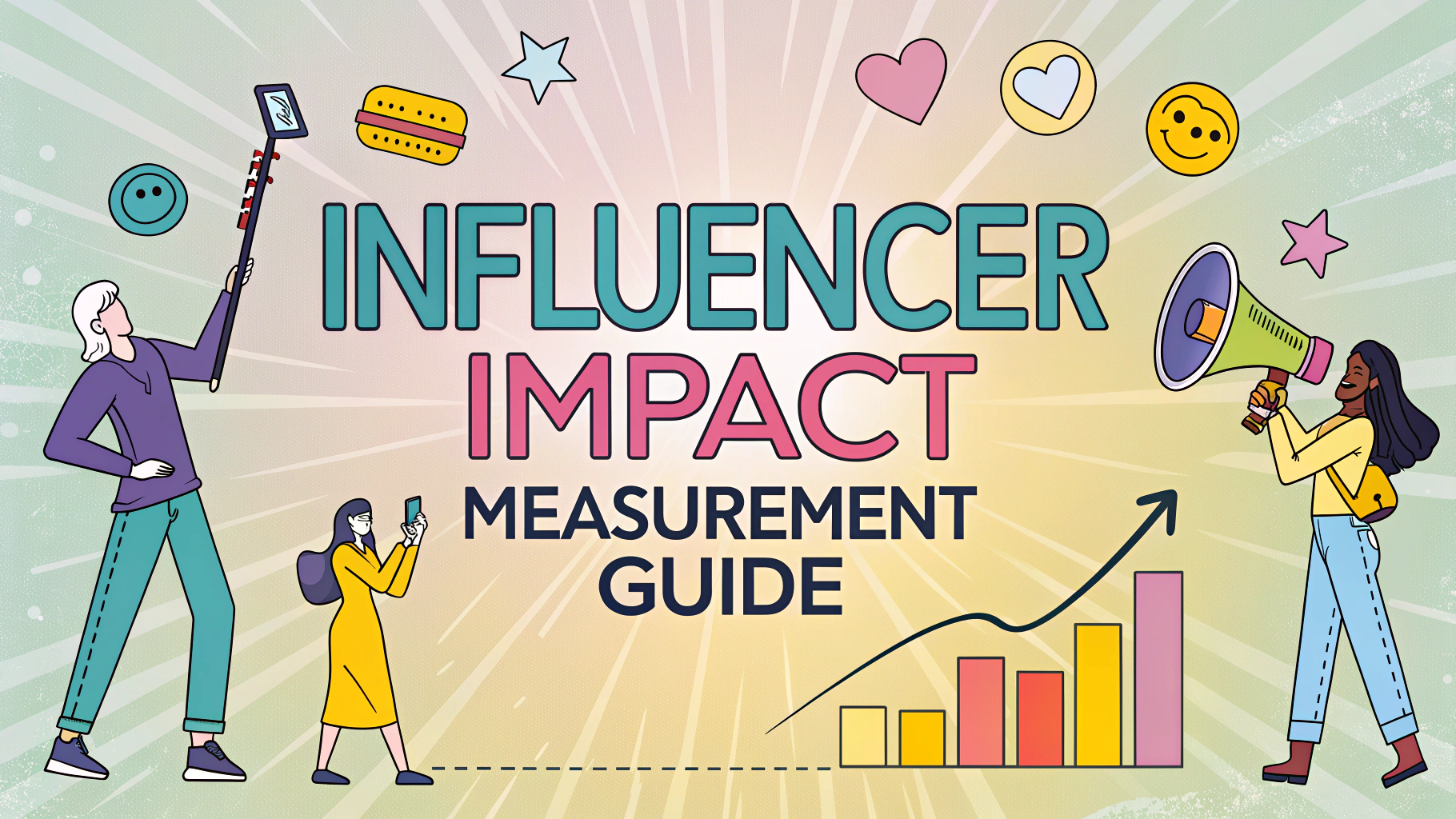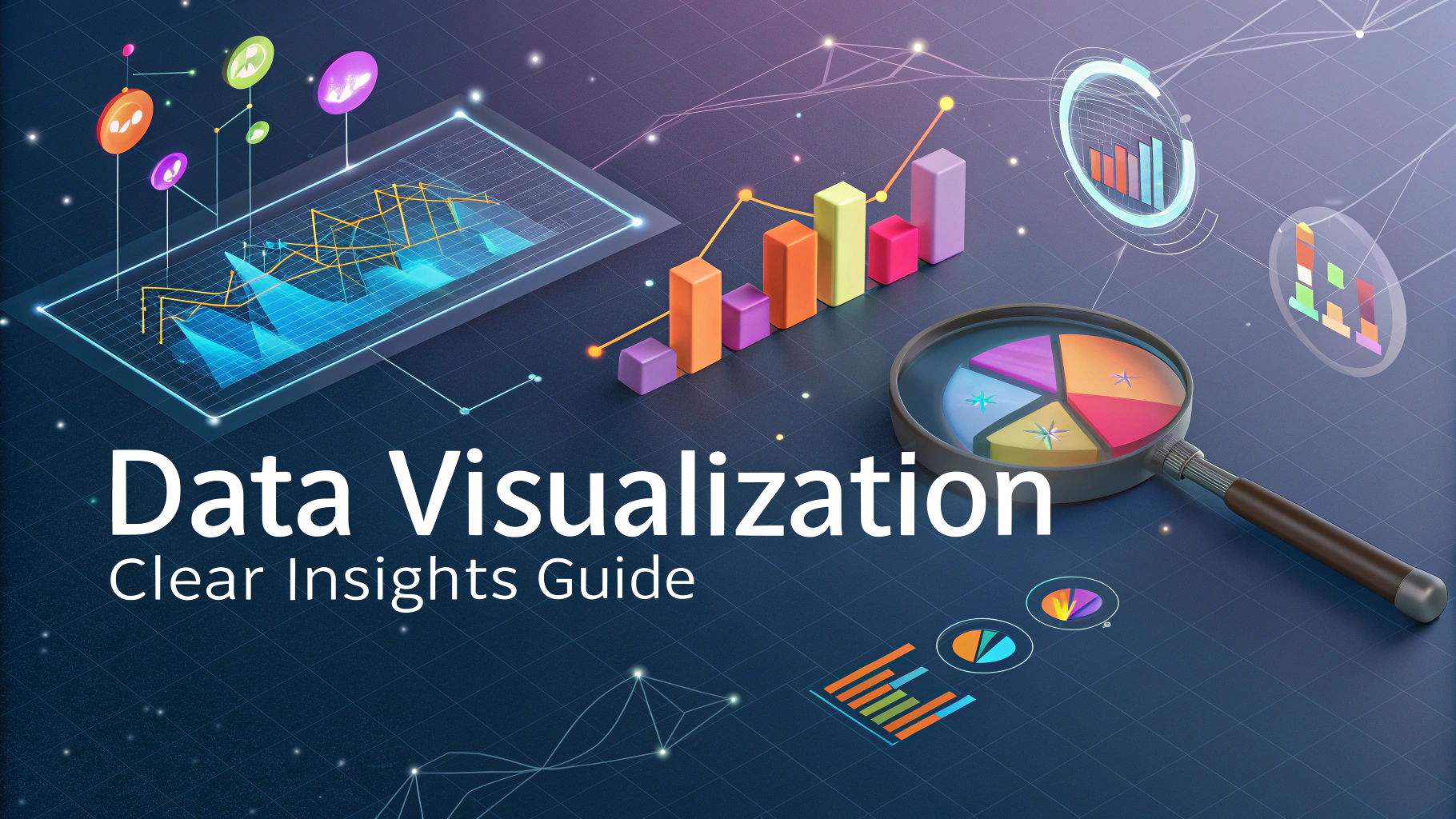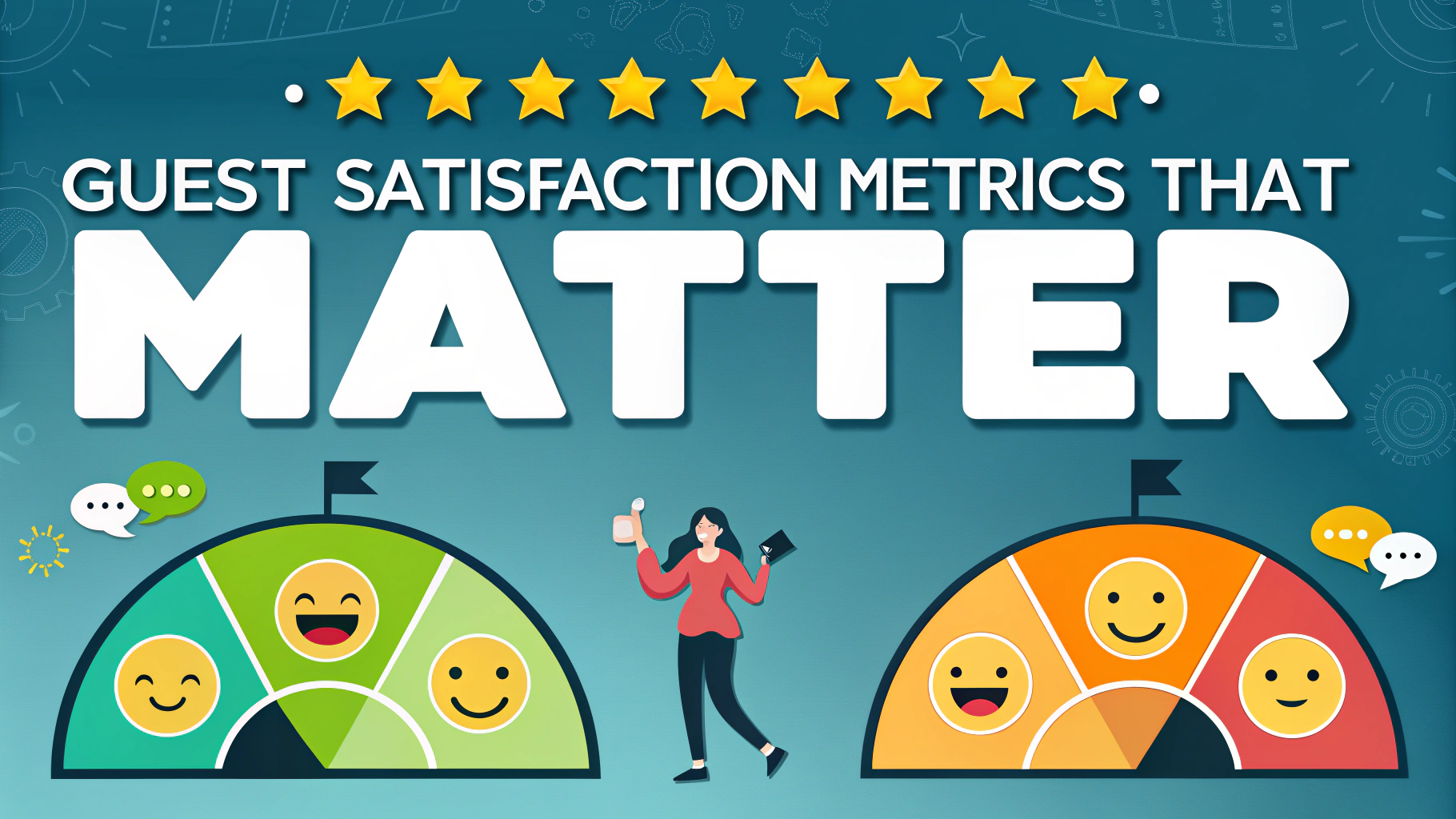Market intelligence helps hotels make data-driven decisions about their marketing strategies, customer preferences, and competitive positioning.
Understanding market dynamics, guest behavior patterns, and emerging trends allows hotels to optimize their offerings and stay ahead in the competitive hospitality landscape.
This guide outlines key aspects of hotel market intelligence and provides actionable steps to implement effective data collection and analysis methods.
Key Components of Hotel Market Intelligence
- Competitor Rate Analysis
- Guest Demographics
- Booking Patterns
- Revenue Performance
- Market Share Data
- Customer Feedback
Data Collection Methods
Install reliable Property Management Systems (PMS) to track guest information and booking patterns automatically.
Use tools like STR Reports for competitive set analysis and market performance benchmarking.
Implement guest surveys and feedback collection systems at multiple touchpoints during the guest journey.
Technology Tools for Market Analysis
| Tool Type | Purpose | Popular Options |
|---|---|---|
| Revenue Management Systems | Price Optimization | IDeaS, Duetto |
| Competitive Intelligence | Rate Shopping | RateGain, OTA Insight |
| Reputation Management | Review Analysis | ReviewPro, TrustYou |
Analyzing Customer Segments
- Business Travelers: Track corporate account performance and booking patterns
- Leisure Guests: Monitor seasonal trends and package preferences
- Groups: Analyze event booking patterns and space requirements
- Online Travel Agency (OTA) Guests: Track channel contribution and costs
Competitive Analysis Framework
Research direct competitors’ pricing strategies through regular rate shopping and market analysis.
Monitor competitor amenities, renovations, and service improvements through mystery shopping and online reviews.
Track competitor marketing campaigns and promotional activities across various channels.
Implementing Market Intelligence Findings
- Adjust pricing strategies based on demand patterns
- Modify marketing messages to target identified guest segments
- Update amenities and services based on competitive analysis
- Optimize distribution channel mix based on performance data
Setting Up Regular Reporting
Create daily revenue and occupancy reports to track performance against goals.
Establish weekly competitive set analysis reviews to identify market trends.
Generate monthly market segment performance reports to guide marketing efforts.
Taking Action on Market Intelligence
- Schedule weekly revenue strategy meetings to review data insights
- Create action plans based on identified opportunities
- Assign responsibility for implementing changes
- Track results and adjust strategies as needed
Moving Forward with Data-Driven Decisions
Regularly update your market intelligence systems and processes to maintain competitive advantage.
Train staff to understand and use market intelligence data effectively in their daily operations.
Consider partnering with hotel marketing consultants for expert guidance and implementation support.
Data Integration Best Practices
- Centralize data collection from multiple sources
- Establish data quality standards and verification processes
- Create automated reporting dashboards
- Implement data security protocols
Measuring ROI on Market Intelligence
Track key performance indicators (KPIs) related to market intelligence investments:
- Revenue growth percentage
- Market share improvements
- Cost savings from optimized operations
- Return on marketing investment
Advanced Analytics Applications
Predictive Analytics
- Forecast future demand patterns
- Anticipate market trends
- Project competitor actions
Customer Journey Analysis
- Map touchpoints and interactions
- Identify improvement opportunities
- Optimize guest experience
Driving Success Through Market Intelligence
Maintain a consistent focus on data quality and analysis to ensure meaningful insights.
Develop a culture of data-driven decision making across all departments.
Stay current with emerging technologies and market intelligence tools to maintain competitive advantage.
- Continuously refine data collection methods
- Invest in staff training and development
- Review and update strategies regularly
- Build long-term market intelligence capabilities
FAQs
- What are the most effective digital marketing channels for hotels?
The most effective channels include metasearch engines (Google Hotel Ads, TripAdvisor), OTAs (Online Travel Agencies), social media platforms, email marketing, and the hotel’s own website with direct booking capabilities. - How can hotels improve their direct booking rates?
Hotels can improve direct bookings by offering best-rate guarantees, implementing a user-friendly booking engine, providing exclusive perks for direct bookers, using retargeting campaigns, and maintaining an optimized mobile-friendly website. - What role does social media play in hotel marketing?
Social media platforms help hotels showcase their property, engage with guests, share user-generated content, promote special offers, provide customer service, and build brand awareness through platforms like Instagram, Facebook, and Pinterest. - How important is reputation management in hotel marketing?
Reputation management is crucial as 93% of travelers read online reviews before booking. Active management of reviews on platforms like TripAdvisor, Google Reviews, and OTAs directly impacts booking decisions and revenue. - What are effective email marketing strategies for hotels?
Successful email marketing includes personalized pre-arrival communications, post-stay feedback requests, loyalty program updates, seasonal promotions, and targeted campaigns based on guest segmentation and behavior data. - How can hotels effectively use content marketing?
Hotels should focus on creating local area guides, blog posts about local events, behind-the-scenes content, virtual tours, high-quality photography, and video content that showcases unique property features and experiences. - What is the importance of mobile optimization in hotel marketing?
Mobile optimization is essential as over 70% of travelers research and book on mobile devices. Hotels need responsive websites, mobile-friendly booking engines, and fast loading speeds to capture mobile bookings. - How can hotels leverage metasearch marketing effectively?
Hotels should maintain accurate listings on metasearch platforms, implement competitive pricing strategies, use high-quality images, monitor competitor rates, and optimize their presence on Google Hotel Ads and other metasearch engines. - What are the key performance indicators (KPIs) for hotel marketing?
Important KPIs include direct booking ratio, website conversion rate, RevPAR (Revenue Per Available Room), cost per acquisition, email marketing metrics, social media engagement rates, and return on ad spend (ROAS). - How can hotels implement effective loyalty programs?
Successful loyalty programs should offer meaningful rewards, personalized experiences, tiered benefits, easy point accumulation and redemption, and integration with the hotel’s marketing channels and booking systems.







